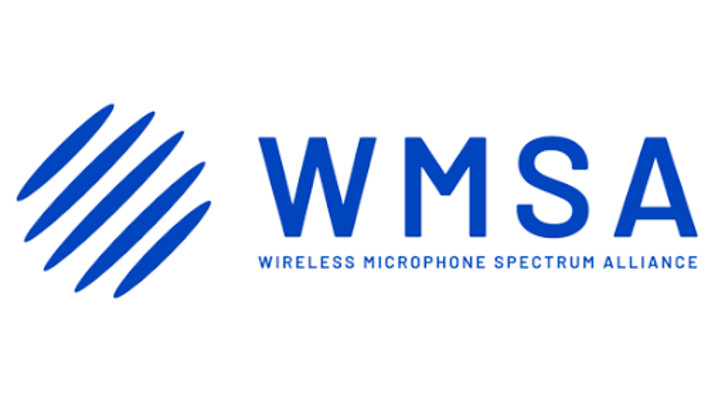McAdams On: LPTV in the Crosshairs
The professional video industry's #1 source for news, trends and product and tech information. Sign up below.
You are now subscribed
Your newsletter sign-up was successful
THE SHIRE -- Low-power television stations are the Hobbits of broadcast spectrum, quietly going about their daily business while darkly in Isengard…
As the comment-reply period closed this week on the incentive auction docket, two things became abundantly clear—LPTVs are swinging in the wind, and the Federal Communications Commission should really open another round of comments on the proposed rulemaking. The odds in favor of either of these situations being rectified are infinitesimal.The commission is dead set on holding the TV spectrum incentive auction in June of next year.There are 488 comments and replies easily comprising 1,000-plus pages on the docket now, many of them written in thrombosis-inducing syntax. Only in broader terms will they resemble a reading of Tolkien’s trilogy.
One interesting and somewhat atypical characteristic of the feedback on this FCC Notice of Proposed Rulemaking compared to others is the diversity of commenters. Right along side Google, AT&T, Disney, Verizon Wireless, CBS, Comcast, the NFL and other multi-billion dollar businesses, are the bootstraps, small businesses and—believe it or not—people who watch TV over the air.
“My name is Sherry Bosley. I appreciate the opportunity to watch free over-the-air television made available through low-power television stations.”
Ms. Bosley, of Winchester, Va., was one of more than 100 individuals who wrote in support of LPTV, but who was erroneously directed to the wrong website—regulations.gov—to file her comment. I’m told those comments would not have been added the FCC’s record if not for the work of a particular individual at the agency who made sure they were. This person’s work should be commended, while the commission’s procedure itself deserves to be questioned. Let me be so bold as to personally remind FCC Chairman Julius Genachowski that he is a public servant, and in the spirit of democracy and by the rule of law, Ms. Bosley’s opinion is of equal import to those of Google, AT&T, Disney, Verizon, et al.
That LPTVs are locked out of the auction is no surprise. The FCC excluded non-Class A stations and translators from auction participation when it issued its Notice of Proposed Rulemaking last September.
Assumptions are made in federal agencies based on the behavior of the appointees who manage those federal agencies. Those individuals who oversaw the authorship of the incentive auction NPRM clearly do not watch nor value low-power television, and have little or no regard whatsoever for those who do. They decided, de facto, that huge corporations deserve the spectrum more than small, independent businesses. Not once did they ask how many citizens are served on an ongoing, per-megahertz basis by broadcasting versus cellular service. More than any FCC before it, this commission has become the handmaiden of the wireless industry, parroting its marketspeak as opposed to applying the intellectual rigor of market research.
It will not be a proud legacy. The notion that all will be justified when we can all pull a 100 Mbps connection out of the air, anywhere, is going to be one very expensive pipedream.
There’s a perceptual insularity that masquarades as esprit in Washington, D.C. by those who form, shape and write policy. The city is not exactly a breeding ground for contemplatives who continually investigate their own motives. And because of that, the voiceless and those with no knowledge of what’s at risk will never have had the chance to speak up for what they want.
The professional video industry's #1 source for news, trends and product and tech information. Sign up below.
